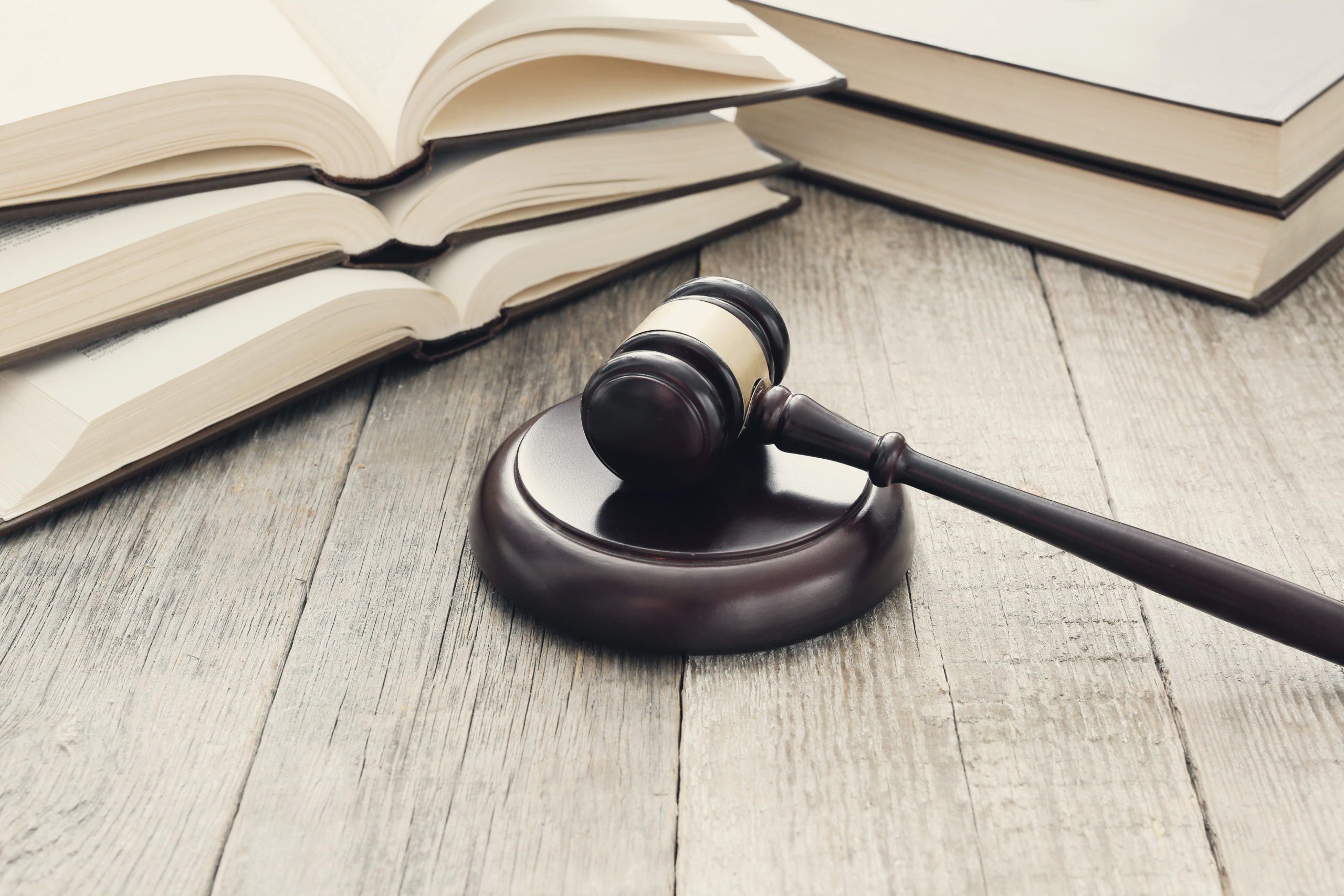Original article published on Raskrikavanje website
Two days ago, the European Parliament adopted the so-called anti-SLAPP directive, an instruction for member states in the fight against SLAPP lawsuits – those whose goal is not to satisfy justice, but to silence the media, activists and anyone who investigates or criticizes the work of the powerful. The directive will, among other things, allow judges in EU countries to immediately dismiss a SLAPP lawsuit, even before the initiation of court proceedings, as well as to award compensation to victims of such proceedings. The directive will not be applied in Serbia, but it is an important step – it is an umbrella document that will legally regulate the growing problem of such lawsuits in Europe and can serve as a guide for national initiatives. Uros Jovanovic from Civic Initiatives says that several non-governmental and media organizations in Serbia are working on forming a network through which they will advocate for changes in domestic legislation since Serbia ranks 10th in Europe in terms of the number of these lawsuits.
SLAPP lawsuits (Strategic Lawsuits Against Public Participation) have been a “trend” in recent years among powerful people. It is a relatively new form of pressure on journalists and the media, which are the most common, though not the only, target.
As stated in the Directive adopted on February 27, SLAPP is an abuse of the law – the lawsuit is not filed to achieve justice, but its main goal is censorship and punishment of those who criticize. It is characteristic of them, the document states, that there is a large discrepancy in power between the one who sues and the one who is sued (most often businessmen and politicians sue), and the claims in the lawsuit are partially or completely unfounded. In addition, it is noticeable that the compensation claims are disproportionately large, it often happens that several lawsuits are filed for a similar matter, and during the proceedings, threats and intimidation of the defendant sometimes occur. The lawyers of the person filing the lawsuit apply various problematic tactics, such as delaying the procedure or stopping the procedure only at a late stage.
This is the first official document, as reporter Tiemo Volken said at the press conference after its adoption in the European Parliament, in which the term SLAPP lawsuit is defined exhaustively.
“There was no definition of SLAPP in Europe, we have it now. This is important to help courts better understand SLAPPs”, he said.
Thanks to the detailed definition of the term, judges in the member states will be able to recognize them more quickly, which will enable them to reject such lawsuits at the earliest possible stage.
The directive also applies to cases when the plaintiff and the defendant are registered in different EU countries, but also when the plaintiff is from a country outside the EU. For example, if a businessman from, for example, Turkey files a SLAPP lawsuit in Turkey against a German journalist, the German state will not recognize or enforce the decision of the Turkish court.
The good news is that, if the court judges that it is a SLAPP, it will be able to order the plaintiff not only to pay the costs of the proceedings but also to compensate the other party.
EU member states now have a two-year deadline to change their legislation based on the directive, through changes to existing laws or the adoption of new laws.
You can read the directive here.
In Serbia, the anti-SLAPP directive is on a low level
This important directive, which legislators in the EU expect to put on the tail of SLAPP plaintiffs, will not be implemented in Serbia, however, because we are not a member state. However, as Uros Jovanovic, manager of the program for public policies of Citizens’ Initiatives, explains, this is good news for us too, because, for the first time, this issue is being officially addressed at the legislative level.
Domestic laws will have to adapt to this directive only when Serbia becomes a member of the EU, says Jovanovic. However, as he states, even until then domestic media and non-governmental organizations will try to work on their improvement.
“There are several domestic organizations, non-governmental, media, and journalistic, which deal with the problem of SLAPP lawsuits in Serbia and which plan to establish a formal network through which we will advocate possible interventions in the legislation”, says Jovanovic.
This is important since Serbia ranks tenth in Europe in terms of the number of SLAPP lawsuits, as shown by the September 2023 report of the European Coalition Against SLAPPs (CASE).
In the last report of this organization from 2023, Serbia had a total of 28 lawsuits as of 2022 that can be characterized as SLAPP. The situation is even worse in neighbouring countries – 43 were recorded in Bosnia and Herzegovina, at least 54 in Croatia, and 42 in Slovenia. In Europe, Poland leads with 128 such lawsuits, followed by Malta with 88 and France with 76.
It is a tactic that is being used more and more frequently: the European Coalition Against SLAPPs (CASE) recorded 570 such cases in 2022 across Europe, and the number would rise to 820 in 2023.
KRIK also has a share in these unfavourable European statistics, against which 13 such lawsuits have been filed in the last three years, mostly by representatives of the government or people close to the regime.
In addition to others, KRIK was sued by the godfather of the state president, Nikola Petrovic, former BIA director Bratislav Gasic, businessman Bogoljub Karic, former state secretary Dijana Hrkalovic, Stanko Subotic, Predrag Koluvija, accused of producing a ton and a half of marijuana on his property, the company “Mineco” and others.



